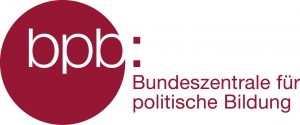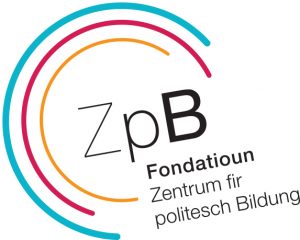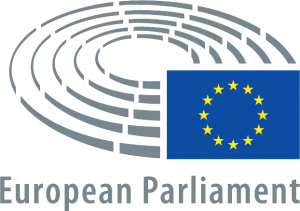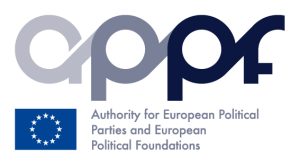European Parliament Elections
What do we vote for in European elections?
During the European elections, citizens elect members of the European Parliament (MEPs). This happens every five years. The last elections took place in 2019, the next one is this year, from 6 to 9 June 2024. Citizens vote for politicians or a political party to represent them in the European Parliament. They vote for parties competing against each other in their country, they cannot vote for parties in other European countries or for a European list.. Each country has a specific number of seats in the European Parliament.
What does the European Parliament do?
The European Parliament is one of the most important institutions of the European Union. Together with the European Commission and the Council of the European Union, it is responsible for making legislation that applies to the entire European Union. In addition, the European Parliament elects the Commission President, approves the European budget together with the European Council and has several other tasks.
How is the European Parliament organized?
The European Parliament consists of a maximum of 750 members and one president. This number is determined before the elections and is set at 720 members for the next term of parliament. All members will be elected during the elections in June. Each member state receives a specific number of seats based on its population size. Member states have a minimum of 6 and a maximum of 96 seats in the European Parliament. Members of the European Parliament (MEPs) form political groups in the Parliament based on shared political ideologies rather than nationality. Each political group therefore includes MEPs from different member states with similar political positions.
What are European parties?
Citizens cannot vote directly for European parties, but they do exist. Most national parties are affiliated to one of the ten European political parties. These parties generally correspond to the political groups in the European Parliament, but not completely. For instance, the European Green Party and the European Free Alliance are two separate parties, but they form one group in Parliament. European parties have become increasingly important in the coordination between the national and European level, between the EU institutions and between their MEPs. Through European parties, the political positions of their MEPs are aligned, which increases their impact.
The European Political Parties
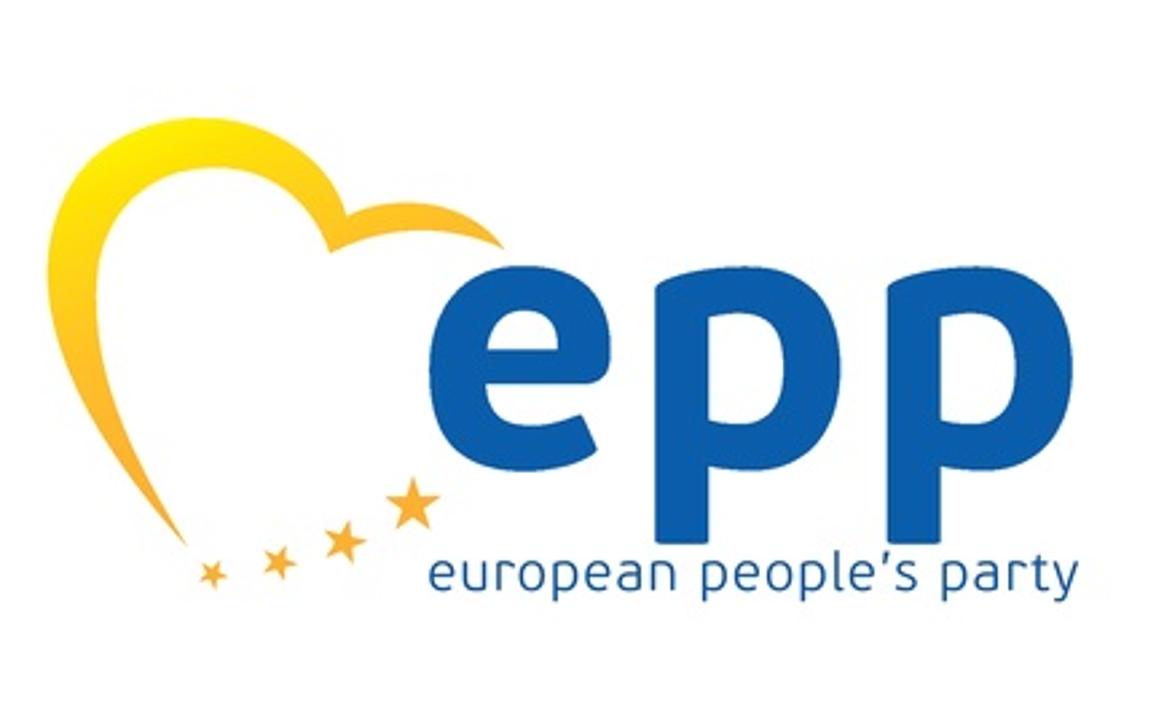
European People’s Party
The European People’s Party (EEP) is a centre-right, pro-European political party. The EEP consists of over 83 parties from 44 countries. The EPP strives for a democratic, transparent and efficient Europe that is close to its citizens. The principles of justice and the common good, solidarity and responsibility are important to them.

Party of European Socialists
The Party of European Socialists (PES) brings together socialist, social democratic, labour and democratic parties from the European Union, UK and Norway. The PES consists of 33 member parties, some associated members and observer members. They campaign for a progressive, fair, free and sustainable Europe. The PES shares values of social fairness, equality, and societal wellbeing.

Alliance of Liberals and Democrats for Europe Party
The Alliance of Liberals and Democrats for Europe Party (ALDE) unites more than 70 member parties and is part of the Renew Europe group in the European Parliament. They share European and Liberal values and promote European integration. ALDE strives for a free, sustainable and competitive Europe.
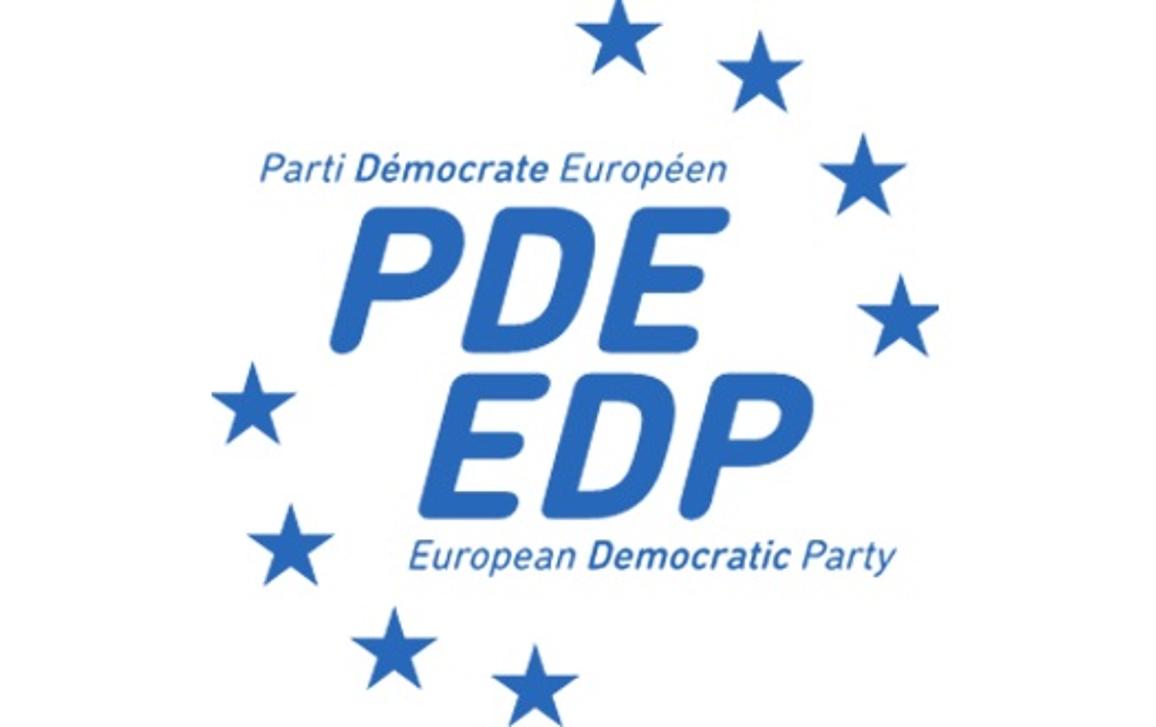
European Democratic Party
The European Democratic Party (EDP/PDE) is a centrist European political party uniting 20 parties from 17 countries. They are also part of the Renew Europe group in the European Parliament. The EDP/PDE strives for a European democracy based on shared values of peace, freedom, solidarity and education.

European Green Party
The European Green Party brings together national parties that share the same green values. Together with the European Free Alliance they form one group in Parliament. The European Greens stand for a political, social and economic transformation based on the values of environmental responsibility, social justice, inclusion, diversity and peace.
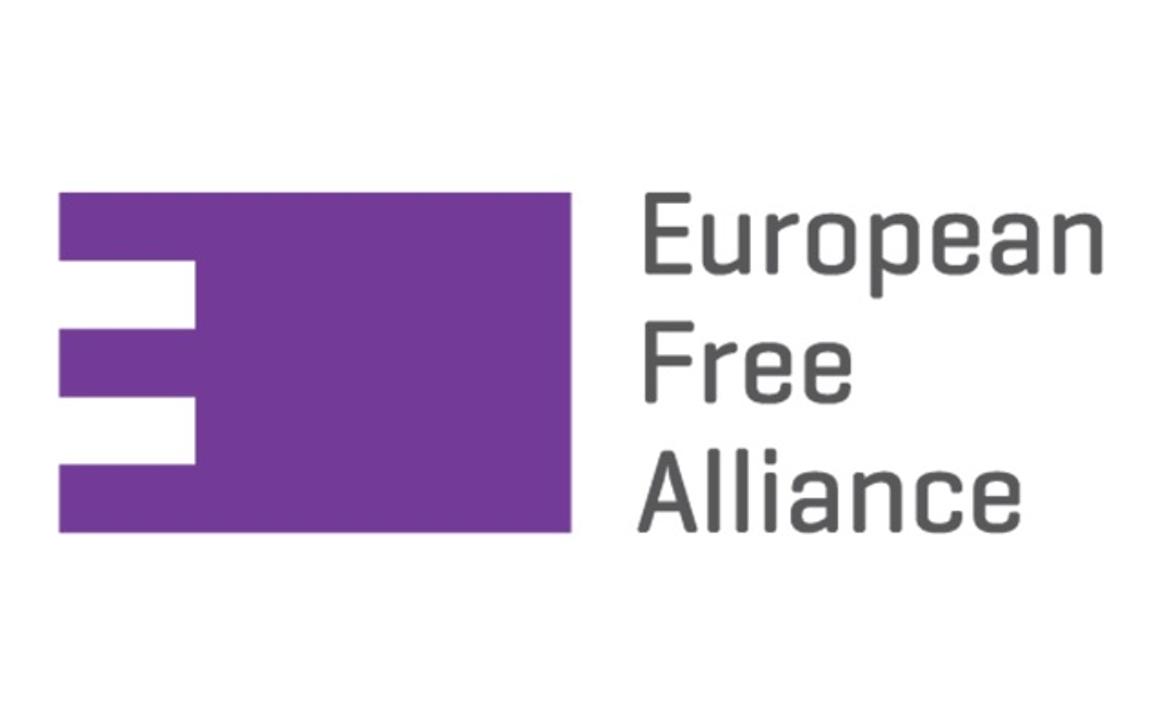
European Free Alliance
The European Free Alliance (EFA) is a pro-European party gathering 41 parties throughout the European Union. They are part of the Greens-EFA group in the European Parliament. The EFA promotes the right to democratic self-determination and aims for European unity in diversity based on the principle of subsidiarity and social justice.

European Conservatives and Reformists Party
The European Conservatives and Reformists Party (ECR), previously the Alliance of Conservatives and Reformists in Europe, is a centre-right European party. They share values of individual liberty, national sovereignty, parliamentary democracy, private property, limited government, free trade, family values and the devolution of power.

Identité et Démocratie Parti
The Identity and Democracy Party, previously Mouvement pour une Europe des Nations et des Libertés, consists of more than 10 member parties and is a far-right European party. The concept of national sovereignty is important to them. The fight for immigration control, protection of freedom of expression and defence of culture.

Party of the European Left
The Party of the European Left is an association of over 40 national parties and unites parties of the alternative and progressive left on the European continent. They campaign for a consistent transformation of today’s social relationships into a peaceful and socially just society. They are against the capitalist system.
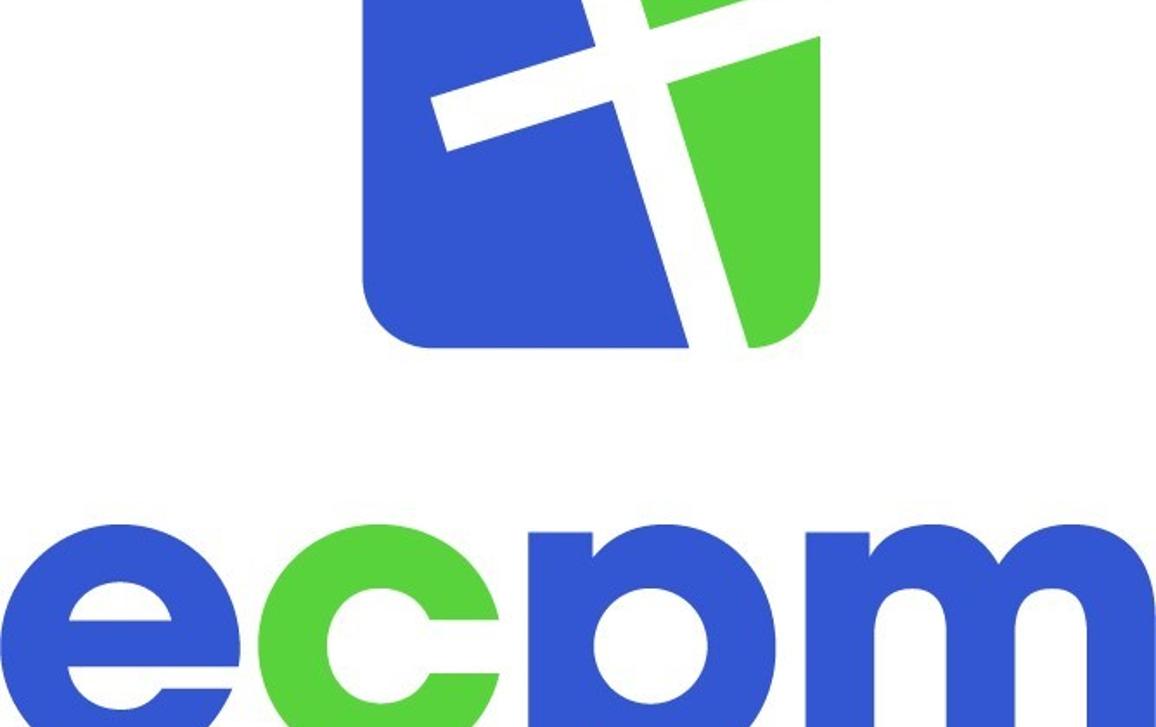
The European Christian Political Movement
The European Christian Political Movement (ECPM) is a European political party promoting Christian values. They share values of human dignity, healthy families, an economy that benefits people and the planet, freedom, security and stability, eliminating modern slavery, reforming the EU and preserving Christian culture and heritage.

